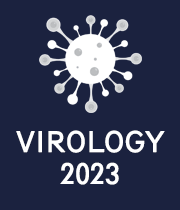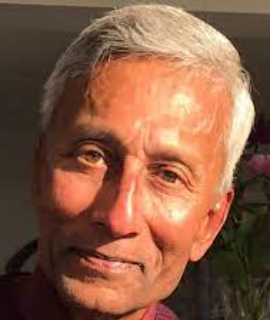Title : Reduced dengue incidence and Aedes vector densities during the COVID?19 movement restrictions
Abstract:
The impact of public health measures, notably restrictions on movement of people to curb COVID-19 transmission, on the incidence of dengue during the period March 2020 to April 2021 was investigated in the Jaffna district and elsewhere in the island of Sri Lanka. A Seasonal Autoregressive Integrated Moving Average (SARIMA) model was used to predict the monthly dengue incidence for each of the country’s 25 districts based on five years of pre-pandemic data, and compared with the actual recorded incidence of dengue during this period. Ovitrap collections of Aedes larvae were performed in Jaffna city in the Jaffna district in the pandemic period and compared with similar collections made in the pre-pandemic period from March 2019 to December 2019.The recorded numbers of dengue cases for every month from March 2020 to April 2021 in the whole country and for all 25 districts over the same period were lower than the numbers of dengue cases predicted from data for the five years (2015–2019) immediately preceding the COVID-19 pandemic. The number of dengue cases recorded nationwide represented a 74% reduction from the predicted number of dengue cases. The numbers of Aedes larvae collected from ovitraps per month were reduced by 88.6% with a lower proportion of Ae. aegypti than Ae. albopictus in Jaffna city from August 2020 until April 2021 compared with March 2019 to December 2019. Reduced access to blood meals and lower vector densities, particularly of Ae. aegypti, resulting from the restrictions on movement of people, are suggested to have contributed to the lower dengue incidence in Sri Lanka.
What will audience learn from your presentation?
• Appreciation of dengue virus transmission and Aedes mosquito vector densities
• Assist teaching of public health and virology
• Help further research to advance knowledge on dengue virus transmission
• Understand neglected aspects of population exposure to mosquito disease vectors
• Appreciate public health aspects of dengue and other mosquito-borne diseases


